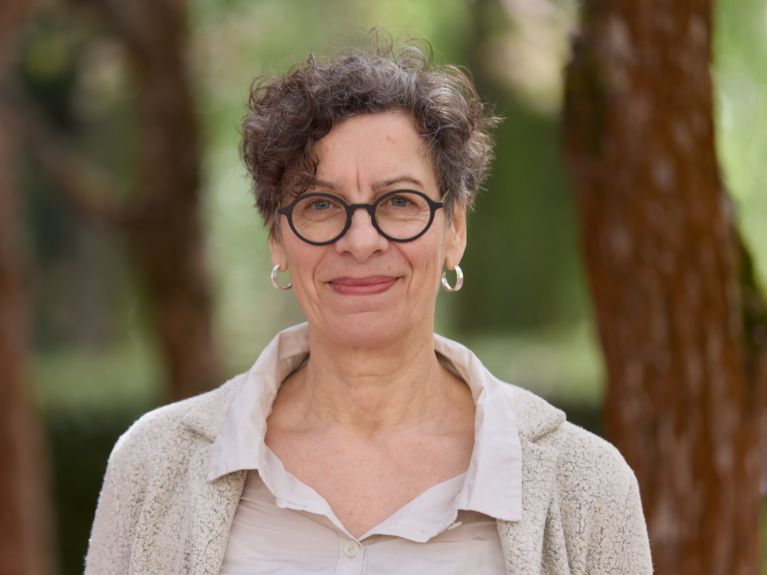“Users help determine what is discussed”
Inclusivity on the one hand, hate speech on the other: the way discussions are conducted on social media has considerable consequences for our lives together in society.

The endless freedom of the internet and social media comes at a price: it also gives free rein to haters, conspiracy theorists and trolls. In traditional media such as newspapers and television, editors decide what is to be published or broadcast - whereas the users of social media decide for themselves what to post, comment on and share. They produce and communicate whatever they want.
From democratic discourse to unadulterated vitriol
“The role of the user has changed completely,” says Professor Jeanette Hofmann, research director of the Alexander von Humboldt Institute for Internet and Society in Berlin. “Users now exercise far greater agenda-setting power. Which means they help determine what is discussed in public. And their voices do indeed have an influence on the production of news. After all, professional media keep a close eye on what people are clicking on and how long readers stick with a particular article or post.”

The internet gives everyone the chance to have their say and take part in public conversations, to initiate debates, complain about deficiencies and mobilise others for their own causes. That sounds good at first - and genuinely democratic. Yet the opportunities offered by the internet also entail risks. Unknown algorithms are used on the platforms to help decide which posts - and therefore which opinions - are disseminated. Studies show that provocative and disturbing content attracts more clicks - the debate culture is at risk of becoming brutalised. Hate speech is a widespread phenomenon that affects women significantly more than men. Hofmann believes this has serious consequences for the democratic discourse. “Experts talk in this context of chilling effects: people who see others being bullied will think twice before publicly saying something that may be controversial, and may well keep out of it.”
How are lawmakers responding?
How can the opportunities that the internet offers for a constructive and democratic culture of debate be taken advantage of and the risks minimised? German policymakers have recognised the challenges: the Network Enforcement Act for example obligates platforms to delete illegal content. The Digital Services Act, which implements the EU Digital Services Act at the national level in Germany, allows systematic violations of rules and regulations to be punished. And Germany’s Criminal Code outlaws incitement, abuse and defamation. However, the boundaries between freedom of expression and agitation are sometimes difficult to define and regulating the online world is a complex business.
Ultimately, it is probably the responsibility of every individual to promote a democratic culture of argument and discussion; after all, as Jeanette Hofmann explains, “technology opens up a sphere of opportunity, yet humans have to fill this sphere”.


